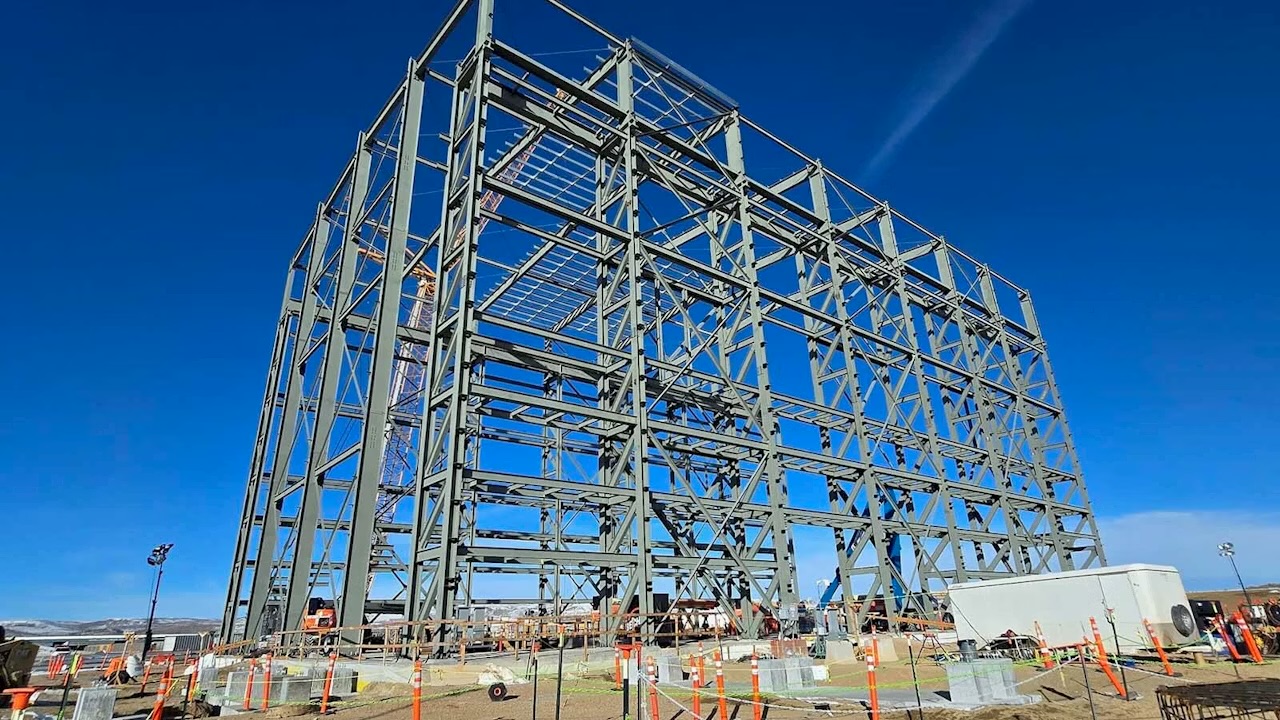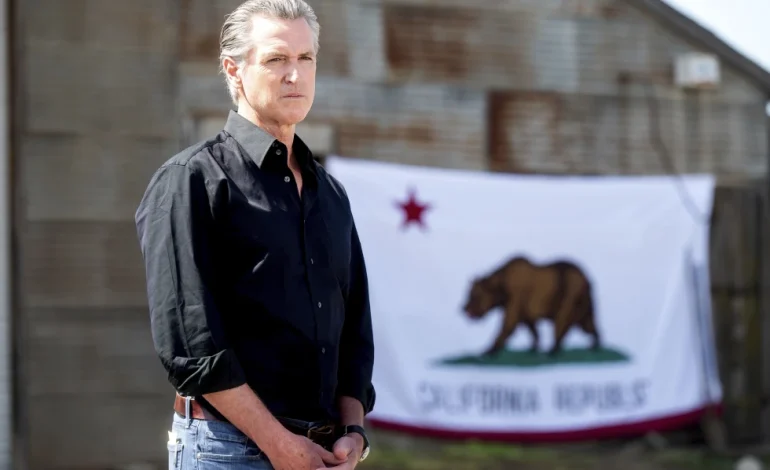Facing mounting budget pressures and a growing Medicaid shortfall, California Gov. Gavin Newsom is proposing to halt new enrollment of low-income undocumented adults in the state’s taxpayer-funded Medi-Cal program starting in 2026 — and to begin charging existing enrollees a monthly premium in 2027, as per The AP.
The move marks a significant shift for a state that just last year became one of the first in the nation to offer full health coverage to low-income adults regardless of immigration status. Newsom had hailed the expansion as a step toward universal health care, but the program’s unexpectedly high costs — $2.7 billion more than anticipated — and broader economic uncertainty have prompted a change in course.
“This is a difficult but necessary step to protect the long-term stability of Medi-Cal and ensure health care access for all Californians,” the governor’s office said in a statement Wednesday.
The proposal would not affect undocumented children or those currently enrolled in the program. However, starting in 2027, undocumented and other low-income residents with “unsatisfactory immigration status” would be required to pay a $100 monthly premium to maintain coverage — a cost comparable to subsidized plans offered on the state’s health care marketplace. Most Medi-Cal recipients currently pay no premiums.
Newsom’s office estimates the changes would save California $5.4 billion by the 2028–2029 fiscal year.
Health Costs and Budget Gaps Force Policy Reversal
In March, Newsom had assured reporters that rolling back coverage for undocumented immigrants was not on the table, despite a $6.2 billion shortfall in Medi-Cal, the state’s Medicaid program. At the time, he defended the expansion, arguing that it would reduce emergency care costs over time.
But the state’s budget picture has since worsened. In addition to health care expenses, California is grappling with wildfire recovery, volatile stock market revenues, and what Newsom claims are losses of $16 billion in tax revenue due to federal tariff policies initiated under former President Donald Trump.
Analysts warn that more severe deficits — potentially in the tens of billions — loom in the coming years due to economic slowdown and demographic shifts. California, which provides free or subsidized health care to more than one-third of its 39 million residents, has already borrowed heavily and drawn from its rainy day fund to fill a $46.8 billion gap last year.
Legislative Hurdles and Political Risks
Newsom’s proposal arrives as he prepares to present a revised budget and begins negotiations with the Democratic-controlled Legislature. Lawmakers must approve a final spending plan by June, and it’s unclear how the freeze on new Medi-Cal enrollment for undocumented adults will be received — especially among progressives who have long championed immigrant health equity.
“This is going to be a very challenging budget,” said Assemblymember Jesse Gabriel, who chairs the Assembly Budget Committee. “We’re going to have to make some tough decisions.”
California could also face additional financial setbacks if Congressional Republicans succeed in efforts to cut Medicaid funding and penalize states that provide benefits to undocumented immigrants.
Despite scaling back spending, Newsom’s revised budget will still support some signature initiatives, including the full implementation of the nation’s first universal transitional kindergarten program and an increase in the state’s film and TV tax credit to $750 million annually — a bid to compete with New York and Georgia for Hollywood productions.
Still, his broader liberal agenda — particularly on health care — now faces significant headwinds.










The latest news in your social feeds
Subscribe to our social media platforms to stay tuned